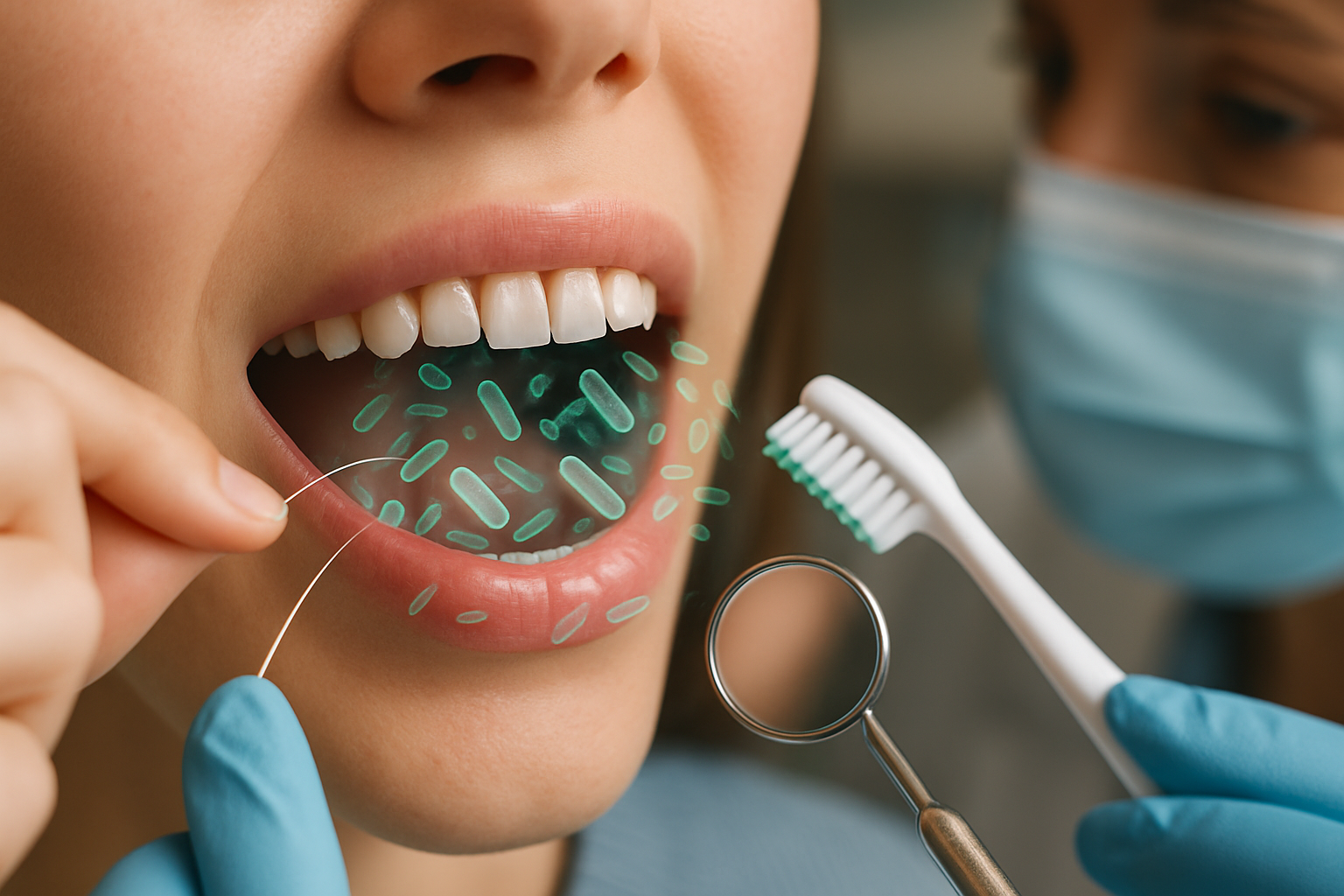Sensitive Tooth Toothpaste Options
Tooth sensitivity affects millions of people worldwide, causing sharp pain when consuming hot, cold, sweet, or acidic foods and beverages. This common dental condition occurs when the protective enamel on teeth wears down or when gums recede, exposing the underlying dentin. Fortunately, specialized toothpaste formulations can provide relief and protection for sensitive teeth, offering ingredients specifically designed to block pain signals and strengthen tooth enamel.

Dealing with sensitive teeth can significantly impact your daily life, making simple activities like drinking coffee or eating ice cream uncomfortable. Understanding the various toothpaste options available for sensitive teeth empowers you to make informed decisions about your oral health care routine.
What Makes Toothpaste Effective for Sensitive Teeth
Sensitive tooth toothpaste options work through different mechanisms to provide relief. Most contain active ingredients like potassium nitrate, which helps block nerve signals that cause pain, or stannous fluoride, which creates a protective barrier over exposed dentin. These specialized formulations differ from regular toothpaste by including compounds that specifically target the root causes of tooth sensitivity while maintaining essential cleaning and cavity-prevention properties.
Key Toothpaste Options for Sensitivity Relief
Several categories of toothpaste options cater to different sensitivity needs. Desensitizing toothpastes contain potassium compounds that calm overactive nerves in teeth. Fluoride-enhanced formulations strengthen enamel and reduce sensitivity over time. Some products combine multiple active ingredients for comprehensive protection, while others focus on gentle cleaning to avoid further enamel erosion. Natural and organic sensitive toothpaste options have also emerged, using ingredients like hydroxyapatite or herbal extracts.
Choosing the Right Sensitive Toothpaste Options
Selecting appropriate sensitive toothpaste options depends on the severity of your sensitivity and underlying causes. Mild sensitivity may respond well to fluoride toothpastes with lower concentrations of active ingredients. Severe sensitivity often requires prescription-strength formulations with higher concentrations of desensitizing agents. Consider factors like taste preferences, additional oral health needs such as whitening or tartar control, and any allergies to specific ingredients when making your selection.
Professional vs Over-the-Counter Options
Both professional and over-the-counter sensitive toothpaste options offer distinct advantages. Dentist-prescribed toothpastes typically contain higher concentrations of active ingredients and may provide faster relief for severe cases. Over-the-counter options are more accessible and cost-effective for managing mild to moderate sensitivity. Many dental professionals recommend starting with over-the-counter products and progressing to prescription options if needed.
Comparing Popular Sensitive Toothpaste Products
The market offers numerous sensitive toothpaste options with varying formulations and price points. Understanding the differences between major brands helps consumers make informed choices based on their specific needs and budget considerations.
| Product Name | Brand | Active Ingredient | Cost Estimation |
|---|---|---|---|
| Sensodyne Pronamel | GSK | Potassium Nitrate & Fluoride | $4-6 per tube |
| Colgate Sensitive | Colgate-Palmolive | Potassium Nitrate | $3-5 per tube |
| Crest Pro-Health Sensitive | Procter & Gamble | Stannous Fluoride | $4-7 per tube |
| Tom’s of Maine Sensitive | Tom’s of Maine | Potassium Nitrate | $5-8 per tube |
| TheraBreath Sensitive | TheraBreath | Potassium Nitrate | $6-9 per tube |
Prices, rates, or cost estimates mentioned in this article are based on the latest available information but may change over time. Independent research is advised before making financial decisions.
Using Sensitive Toothpaste Effectively
Maximizing the benefits of sensitive toothpaste options requires proper usage techniques. Apply the toothpaste directly to sensitive areas and allow it to remain in contact with teeth for the recommended time. Avoid rinsing immediately after brushing to allow active ingredients more time to work. Consistency is crucial, as most sensitive toothpastes require regular use for several weeks to achieve maximum effectiveness. Some people benefit from using sensitive toothpaste twice daily while others may need only once-daily application.
Managing tooth sensitivity through appropriate toothpaste selection can significantly improve quality of life and oral comfort. While sensitive toothpaste options provide effective relief for many people, persistent or severe sensitivity warrants professional dental evaluation to rule out underlying conditions requiring additional treatment.
This article is for informational purposes only and should not be considered medical advice. Please consult a qualified healthcare professional for personalized guidance and treatment.




